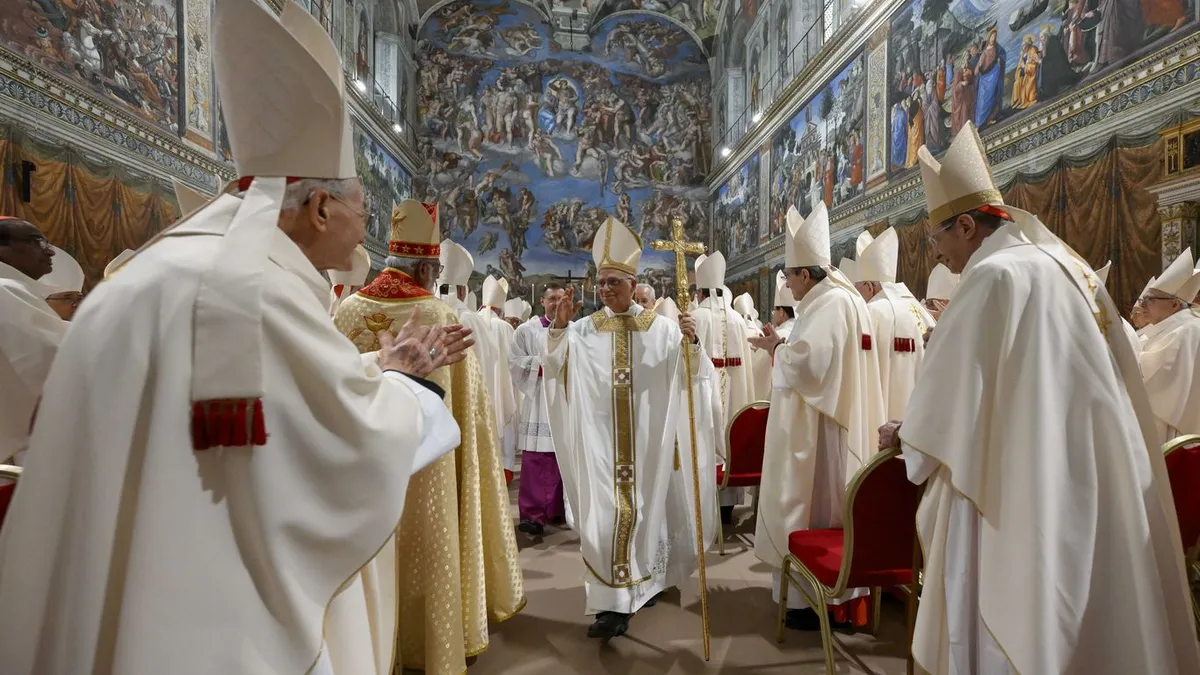
The recent election of Robert Prevost, now known as Pope Leo XIV, has captured the attention of the global community. The conclave's decision to select Prevost, a prominent figure with deep roots in both the Church and his community, has sparked discussions about the future direction of the Catholic Church. This pivotal moment came with the iconic image of white smoke rising from the Vatican, signaling a new era for the papacy.
As the news broke, phones across Chicago and beyond lit up with messages from friends and former classmates, celebrating the elevation of their old friend to the papacy. The excitement was palpable, with many reflecting on Prevost's down-to-earth personality and commitment to his faith. His election marks a significant moment, as the U.S. now has two world leaders, showcasing the diverse backgrounds and experiences that shape contemporary leadership.
During his inaugural Mass, Pope Leo XIV urged the cardinals to "make themselves small," a call for humility and service in a time when the Church faces numerous challenges. In his first address as pontiff, he emphasized the importance of unity and compassion, eschewing the idea that he is a mere counterweight to Trump or any political figure. This statement reflects his intention to steer the Church towards a more inclusive and understanding approach amidst a polarized world.
One of the cardinals who participated in the conclave shared insights into the intense deliberations that led to Prevost's election. The atmosphere was charged with reverence and urgency as the cardinals sought a leader who could navigate the complexities of modern society while remaining true to the core values of the Catholic faith. The decision to elect Prevost was not taken lightly; it was the culmination of deep discussions about the future of the Church and its role in global issues.
As Pope Leo XIV embarks on this new journey, many are eager to see how his leadership will influence the Church's stance on pressing social issues, including poverty, immigration, and climate change. His background and commitment to service suggest that he may prioritize outreach and engagement with communities worldwide. Observers are keenly watching to see how he will balance tradition and modernity as he leads the Catholic Church into the future.